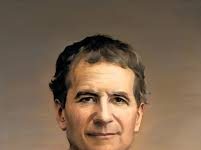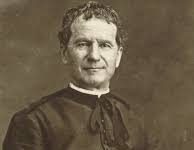On this day in 1966, the Index Librorum Prohibitorum – Index of Forbidden Books – was abolished by Pope Paul VI, just after the close of the Second Vatican Council. The Index had a long and involved history. Popes and bishops have always warned against heretical writings, even those propaedeutic to heresy, since the earliest days, as a cursory read of Saint Paul shows. The invention of the printing press in the 15th century (1440 saw Gutenberg’s first ‘movable type’), along with the 16th century ‘Reformation’ (1517 and Luther’s 95 Theses) prompted the Church to be more formal in her warnings.
The first Index was promulgated by Pope Paul IV in 1557, then removed, then a more formal version in the wake of the Council of Trent. There were degrees in how ‘dangerous’ a book might be, and many books would be placed on the index, only to be later removed, such as Kepler’s summary of Copernicus, Galileo’s works on heliocentrism; even Saint Robert Bellarmine and Dante’s Divine Comedy were on the Index for a time.
The reasons for dropping the Index were themselves complex, likely motivated by the desire to leave more matters to the human conscience, leaving us free to discern what may be good or bad, beneficial or harmful. The Index still exists, and the Church clarified that although it no longer has the force of ecclesiastical positive law, it still has moral influence, and some books would be ‘banned’ ipso facto, due to their sheer scandal.
As Pope John Paul II put it, our conscience is neither autonomous – a law unto itself – nor heteronomous – totally subservient to an external law – but rather a ‘participated theonomy‘: We impose a law upon ourselves, participating in the law of God, through His revealed Word, Magisterial teaching, natural and divine law, and other means.
I recall as a boy the bishops of Canada rating films, based on their content. The worst was ‘O’, which meant ‘morally offensive’, which were the ones everyone wanted to see. Looking back, such moral guidance from the Church in light of that ‘participated theonomy’ was not a bad idea, and our spiritual leaders perhaps could reconsider some sort of Index, even, say, an official Vatican review and commentary, in a new mode for our era. Just a thought.











